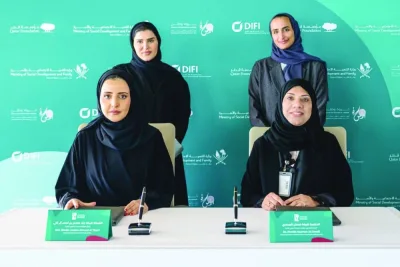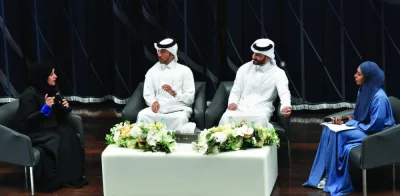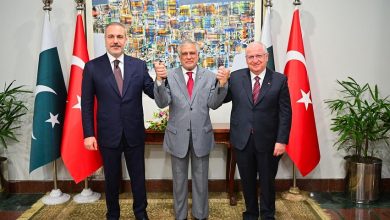Qatar’s residential realty to see $538mn spending from GCC nationals and expats: Knight Frank
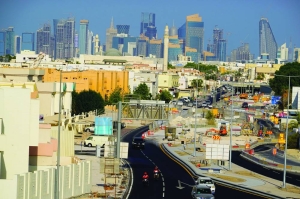
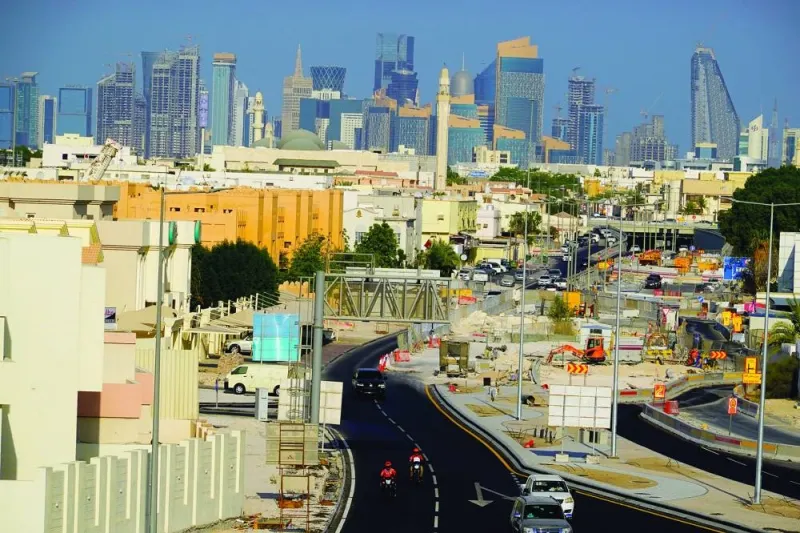
The Gulf Co-operation Council (GCC) nationals and GCC-based expats are prepared to spend as much as $538mn on Doha’s residential market, according to global property consultancy Knight Frank’s second annual Destination Qatar report.
This is based on its survey of 253 GCC nationals and 249 GCC-based expats, each with a minimum monthly income of $5,000, said Knight Frank, a London-based leading independent global property consultancy.
“The principal reason GCC nationals and GCC-based expats would like to own residential property in Qatar is purely for capital gains, while the second biggest motivation is for a buy-to-let property,” said Adam Stewart, Partner – Head of Qatar, Knight Frank.
Overall, the survey uncovered a potential pool of $537.5mn of private capital that is actively considering a residential purchase in Qatar. In comparison, the total value of all residential sales in Qatar during the first half (H1) of 2024 stood at $907mn, highlighting the rapidity at which Qatar is starting to court the interest of regional purchasers and investors.
The housing market in Qatar has remained subdued over the past year, influenced by multiple factors, it said, adding residential property demand has been generally stable against a backdrop of rising supply.
“This supply-demand imbalance, combined with mortgage affordability issues, continues to exert downward pressure on property prices and rental rates,” the report said.
Despite this, the residential sector has emerged as the most popular target asset class for GCC nationals and GCC-based expats with 65% of those surveyed by Knight Frank are keen on acquiring a residential property in Qatar within the next five years, while 28% would like to transact during 2024.
Qatar’s residential sector has, for a long time, been dominated by Qatari purchasers. In 2002, it was opened to the GCC nationals and restrictions were further eased in 2018, allowing international buyers access to 99-year leasehold ownership.
Over the last five years, Qatar’s expat residents have shown a strong interest in home ownership, with home values rising by an average of 4.5% between 2018 and the end of H1 2024.
As much as 69% of GCC nationals and GCC-based expats, according to Knight Frank, are willing to spend up to $1mn on a residential acquisition in Qatar, with just 7% prepared to spend over $4mn.
Among the GCC nationals aged 25-34, 55%, are willing to spend between $500,000 and $1mn on a home in Qatar. For GCC-based expats, budgets are lower, with most not willing to allocate more than $500,000. This ranges from 34% of those aged 25-34 to 41% amongst 45-54-year-olds.
Some 47% of Emiratis are prepared to commit $500,000 to $1mn. For Saudi nationals, 28% would like to spend no more than $500,000.
Amongst GCC nationals, those aged 25-34 have the highest average budgets at $1.3mn. This falls to $630,000 for GCC-based expats aged 45-54. However, the UAE nationals have the largest potential budgets for residential purchases in Qatar, averaging $1.4mn.
Branded residences were named the joint most popular realty asset class for potential investors from around the region by GCC nationals and GCC-based expats.
“With real estate budgets ranging from $1.1mn for GCC-based expats to $806,000 for the GCC nationals, the branded residential sector’s expansion appears almost inevitable if Qatar is to capture some of this apparent pent-up demand for branded homes in the country,” said Shehzad Jamal, Partner (Strategy and Consultancy) – Real Estate, Healthcare and Education, Middle East and North Africa.


